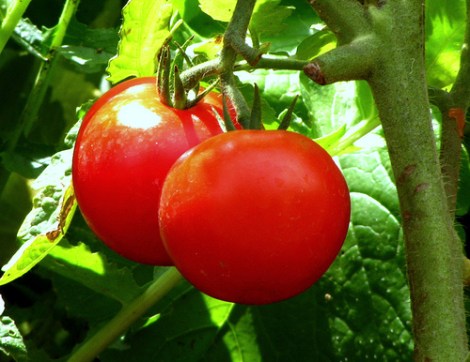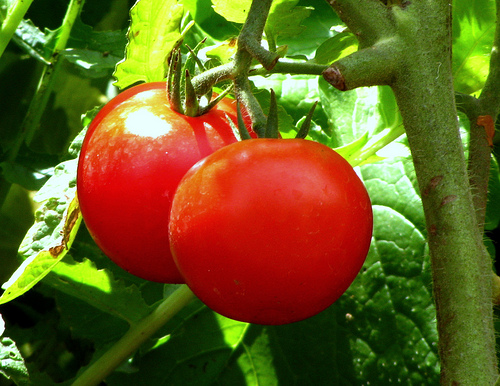
If your football team can’t hack it on the field, perhaps they can grow some kick-ass kale.
At least that’s the sentiment from Dallas’ Paul Quinn College. After the university cut its football program, President Michael Sorrell decided to transform the unused field into a working farm.
The WE Over Me Farm, which covers 57,000 square feet, was a response to the lack of healthy food options in the economically depressed area. Highland Hills, the neighborhood where Paul Quinn is located, is a designated food desert.
The field-to-farm conversion began in 2010. Today, WE Over Me grows corn, tomatoes, blueberries, squash, herbs, bees, and greens. The fresh produce, which is cultivated by Paul Quinn’s students, goes to the college’s cafeteria and to local restaurants. The college is even working on creating a social entrepreneurship program to teach students how to run a farm — from planting the seeds to selling the veggies.
This may be the first time that anyone in Texas has chosen farming over football, but hopefully it won’t be the last. WE Over Me is the perfect example of how tilling unused land can combat food deserts.


